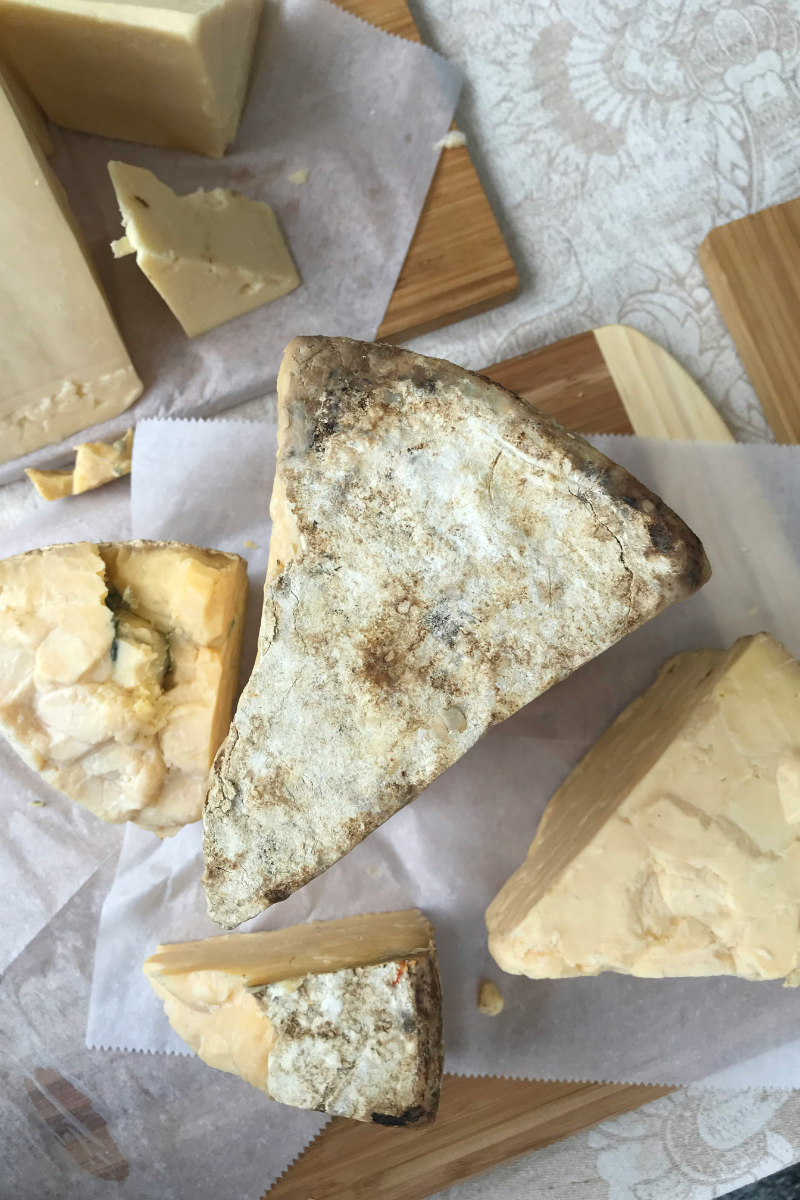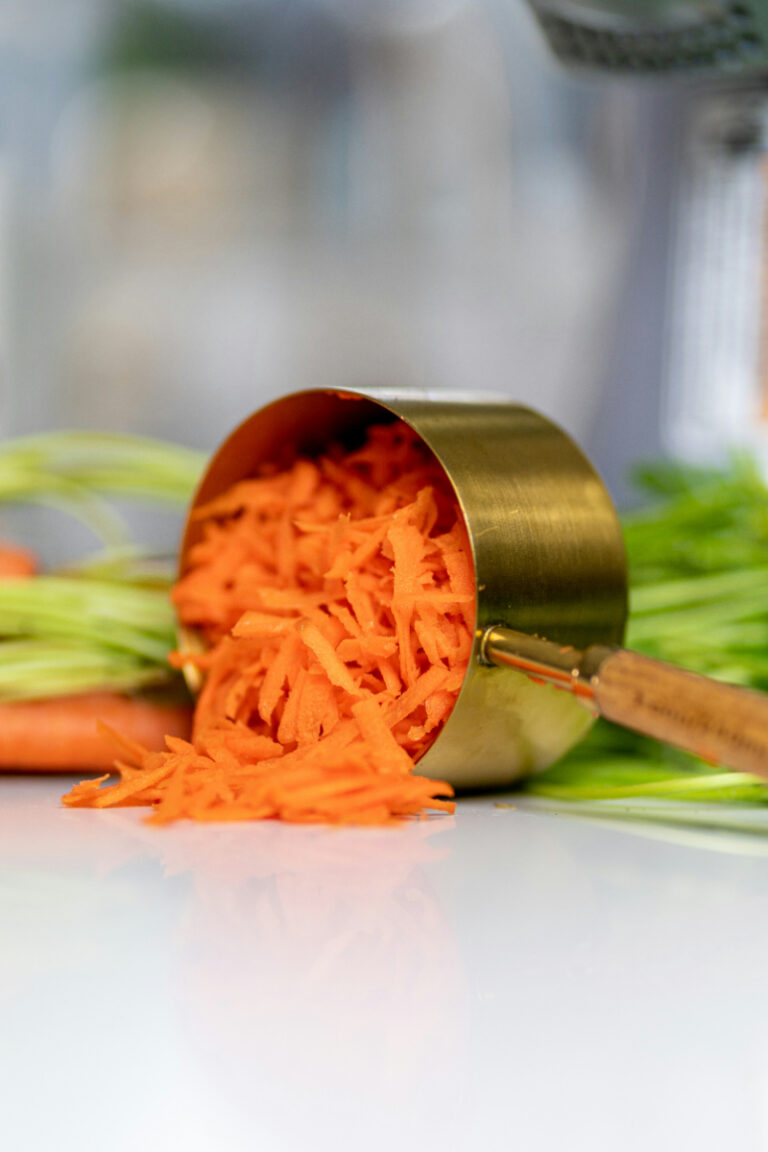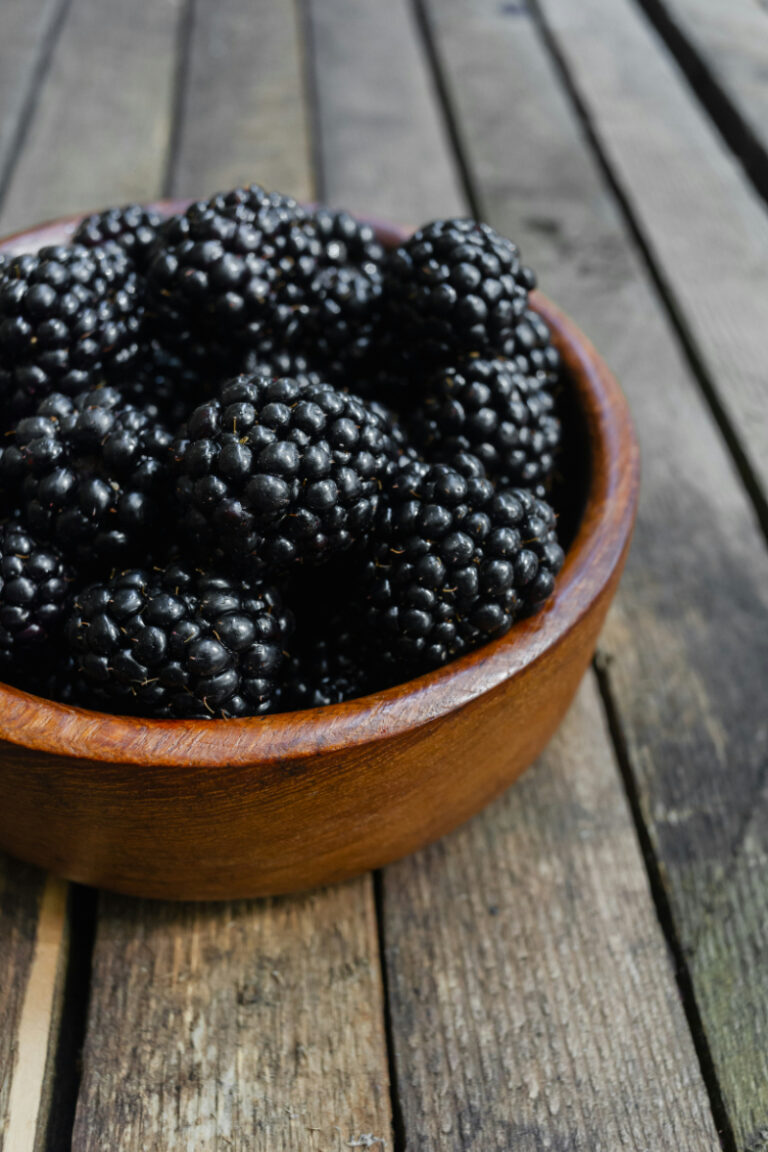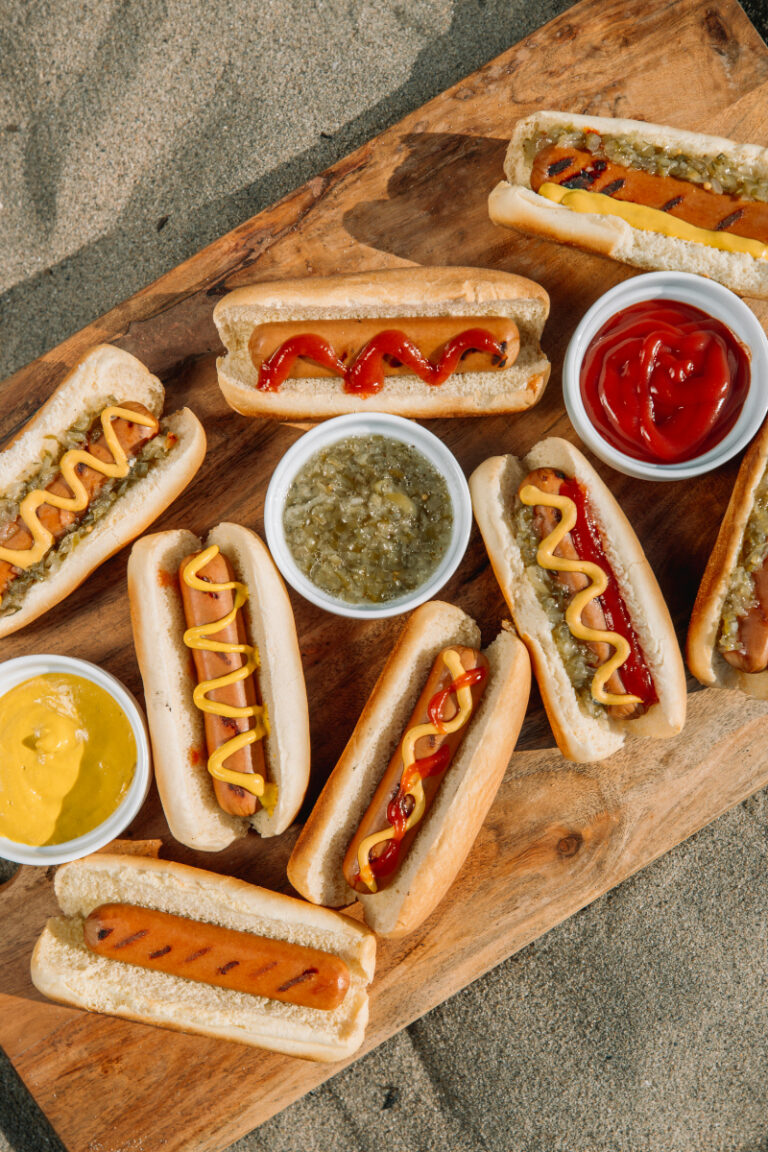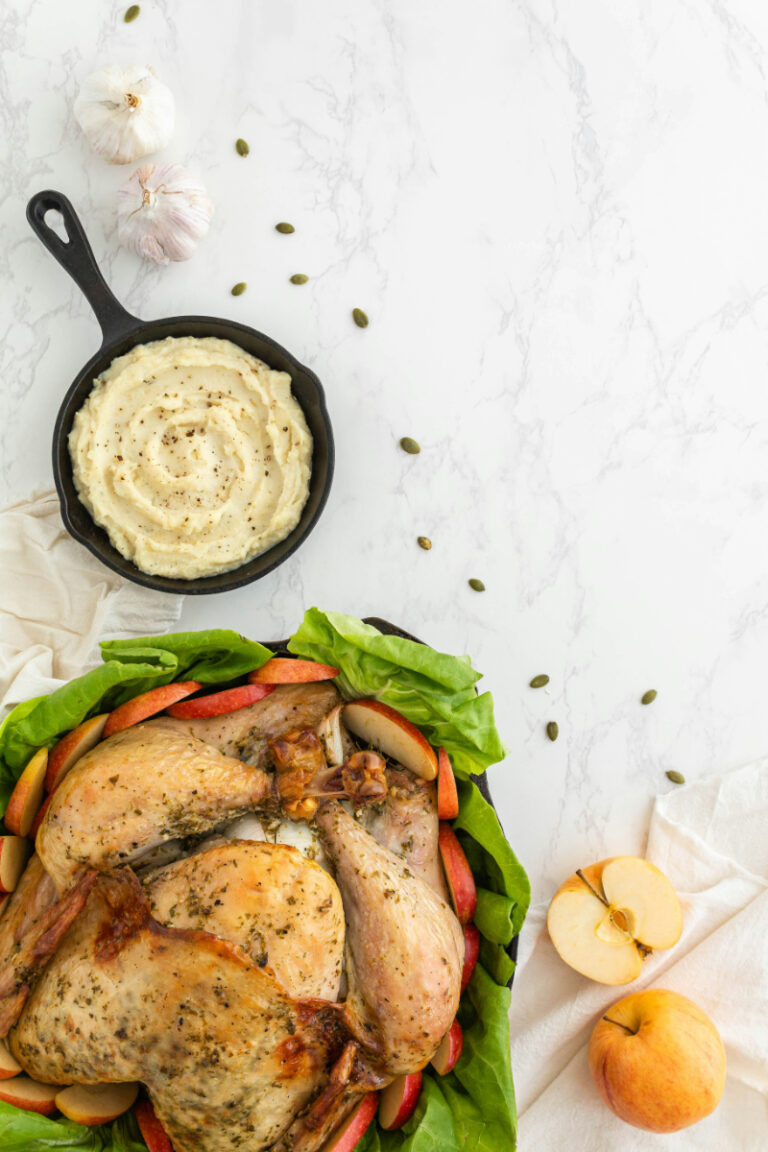How Many Carbs Are in Cheese: A Friendly Guide to Cheese and Carbohydrates
Are you wondering how many carbs are in cheese? Cheese is a popular ingredient in many dishes and can be enjoyed on its own as a snack. It’s important to know the carb content of cheese if you’re following a low-carb or keto diet.
The carb content of cheese varies depending on the type and serving size. Hard cheeses like cheddar and parmesan tend to have lower carb counts than soft cheeses like brie and feta. Some types of cheese, like cream cheese and ricotta, have higher carb counts due to their processing methods. It’s also important to pay attention to serving sizes, as a larger serving of cheese will have more carbs than a smaller serving.
If you’re following a low-carb or keto diet, you don’t necessarily have to give up cheese altogether. There are many types of cheese that are low in carbs, such as cheddar, swiss, and blue cheese. You can also find cheese alternatives made from nuts or tofu that are lower in carbs than traditional cheese. By being mindful of your serving sizes and choosing lower carb options, you can still enjoy cheese while staying within your dietary goals.
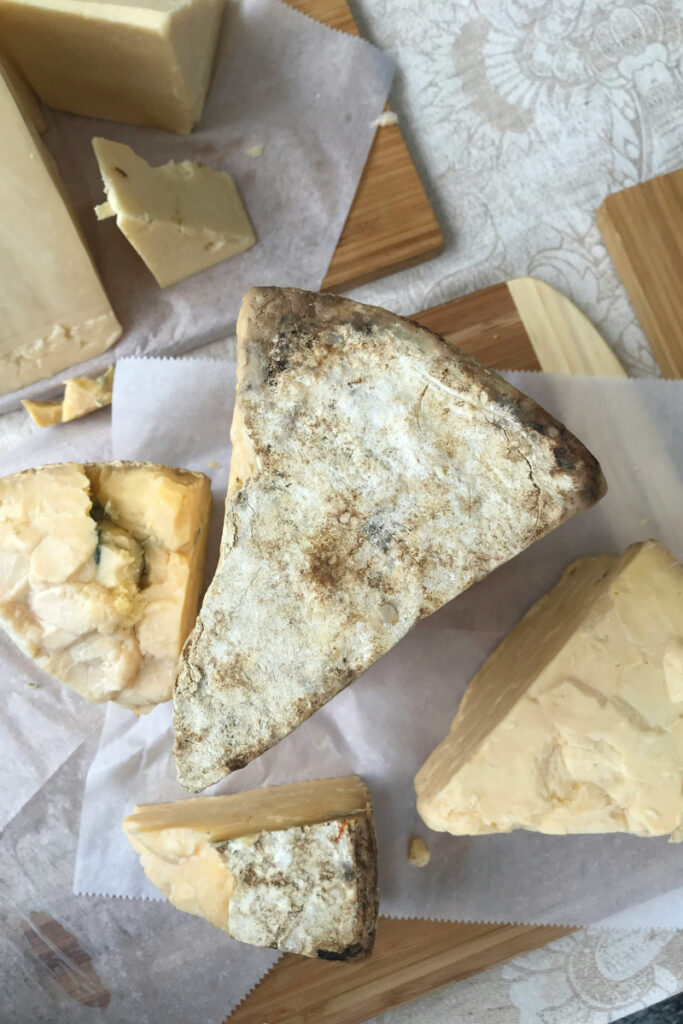
Carb Content in Common Cheeses
If you’re following a low-carb diet, you might be wondering how much carbs are in your favorite cheeses. Here is a breakdown of the carb content in some common cheeses.
Cheddar
Cheddar cheese is a popular cheese that is widely used in many dishes. A 1-ounce serving of cheddar cheese contains around 0.4 grams of carbs. Cheddar cheese is a great source of protein and calcium.
Mozzarella
Mozzarella cheese is a soft, mild cheese that is commonly used in pizza and other Italian dishes. A 1-ounce serving of mozzarella cheese contains around 0.6 grams of carbs. Mozzarella cheese is also a good source of protein and calcium.
Parmesan
Parmesan cheese is a hard, salty cheese that is often used in pasta dishes. A 1-ounce serving of parmesan cheese contains around 0.9 grams of carbs. Parmesan cheese is a good source of protein and calcium.
Brie
Brie cheese is a soft, creamy cheese that is often served as an appetizer. A 1-ounce serving of brie cheese contains around 0.1 grams of carbs. Brie cheese is a good source of protein and calcium.
Goat Cheese
Goat cheese is a tangy cheese that is often used in salads and other dishes. A 1-ounce serving of goat cheese contains around 0.6 grams of carbs. Goat cheese is a good source of protein and calcium.
Overall, cheese can be a great addition to a low-carb diet. Just be sure to watch your portion sizes and choose cheeses that are lower in carbs.
Factors Affecting Carb Counts in Cheese
When it comes to cheese, the carb count can vary depending on several factors. In this section, we’ll take a closer look at the key factors that affect the carb counts in cheese.
Cheese Types
Different types of cheese have different carb counts. Hard cheeses like Parmesan and cheddar tend to have lower carb counts than softer cheeses like brie and camembert. For example, 1 ounce of cheddar cheese contains around 1 gram of carbs, while 1 ounce of brie cheese contains around 1.1 grams of carbs.
Processing Methods
The processing methods used to make cheese can also affect the carb count. For example, some cheeses are made with added sugars or starches, which can increase the carb count. It’s important to check the label and ingredients list to get an accurate idea of the carb count.
Serving Sizes
Finally, the serving size of cheese can also affect the carb count. It’s easy to go overboard with cheese, especially if you’re using it as a snack or topping. Keep in mind that even low-carb cheeses can add up if you eat too much. Stick to a moderate serving size to keep your carb count in check.
By keeping these factors in mind, you can make informed choices about the types of cheese you eat and how much you consume. Remember to always check the label and ingredients list to get an accurate idea of the carb count, and stick to moderate serving sizes to keep your carb intake under control.
Low-Carb Cheese Options for Diet Plans
If you’re following a low-carb diet plan, cheese can be a great source of protein and fat. However, not all cheeses are created equal when it comes to carb count. In this section, we’ll explore some of the best low-carb cheese options for different diet plans.

Keto-Friendly Cheeses
The ketogenic (keto) diet is a high-fat, very low-carb diet that aims to put your body into a state of ketosis, where it burns fat for fuel instead of carbohydrates. To stay in ketosis, you need to limit your carb intake to under 50 grams per day, and some people aim for even fewer carbs.
Here are some keto-friendly cheeses to consider:
- Cheddar Cheese: Regular cheddar provides 9 grams of fat and less than 1 gram of carbs per 1-ounce serving [1]. Avoid low-fat cheddar varieties, as they tend to be higher in carbs.
- Gouda Cheese: Gouda is a semi-hard cheese that’s naturally low in carbs and high in fat. One ounce of gouda contains 9 grams of fat and less than 1 gram of carbs [2].
- Blue Cheese: One slice of blue cheese (21 grams) contains 0.5 grams of carbs and 6 grams of fat [3]. Blue cheese is a flavorful and low-carb option for snacking or topping your salads.
Diabetic Diet Cheeses
If you have diabetes, you need to be mindful of your carb intake to keep your blood sugar levels under control. Here are some low-carb cheese options to consider:
- Swiss Cheese: Swiss cheese is a good source of protein and calcium, and it’s naturally low in carbs. One ounce of Swiss cheese contains 0.4 grams of carbs and 7 grams of fat [4].
- Feta Cheese: Feta cheese is a crumbly, tangy cheese that’s low in carbs and high in flavor. One ounce of feta cheese contains 1 gram of carbs and 6 grams of fat [5].
- Mozzarella Cheese: Mozzarella cheese is a versatile cheese that’s low in carbs and high in protein. One ounce of mozzarella cheese contains 0.6 grams of carbs and 6 grams of fat [6].
Remember to read the labels and check the carb count before adding cheese to your diet plan. While cheese can be a great addition to a low-carb diet, it’s important to enjoy it in moderation and in the context of a balanced diet.
